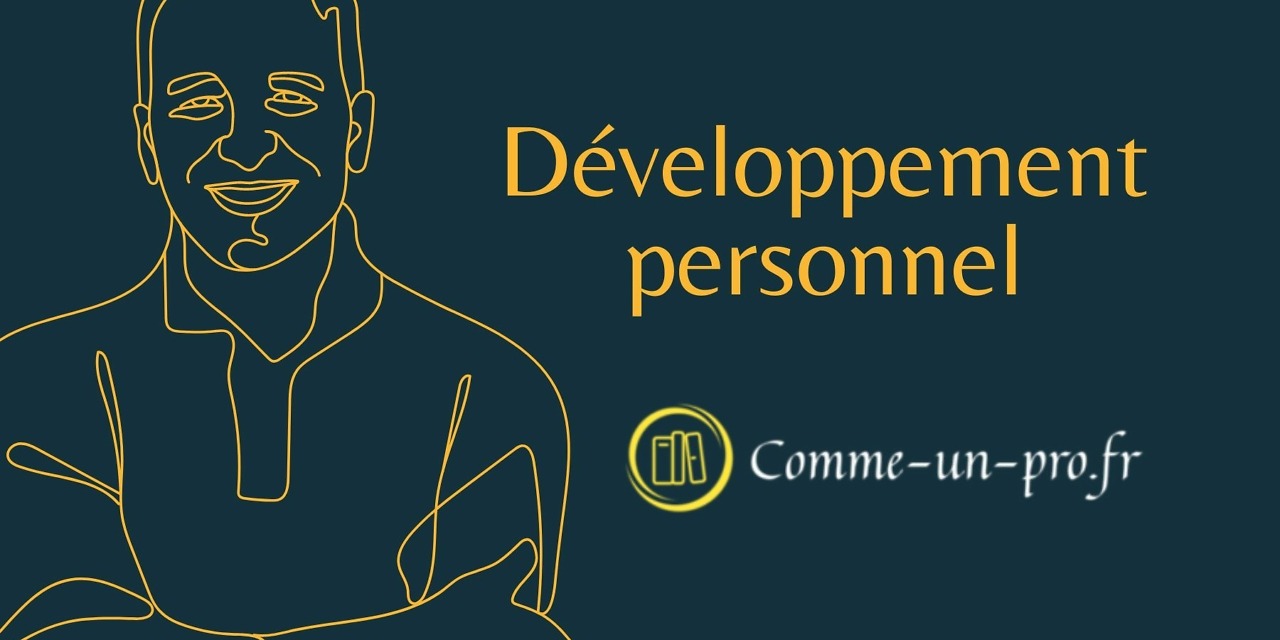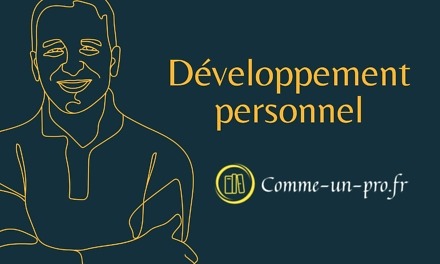The importance of diplomacy at work
Diplomacy is often associated with politics and international relations, but it is also fundamental in the professional world. In the context of work, diplomacy refers to the art of managing relationships in such a way as to minimize conflict, foster cooperation, and maintain a harmonious work environment.
In the corporate world, the stakes are often high and opinions differ. Whether you're negotiating a contract, managing a team, or presenting a new idea to management, the ability to communicate diplomatically can be the difference between success and failure.
One of the major benefits of diplomacy is that it helps prevent and resolve workplace conflict. By treating others with respect and considering their points of view, you can defuse tensions before they turn into major conflicts. In addition, diplomacy allows you to manage existing conflicts in a more constructive way, promoting dialogue and the search for mutually beneficial solutions.
Diplomacy is also valuable in building and maintaining positive working relationships. By showing empathy, being tactful and respecting the diversity of opinions, you can earn the respect and trust of your colleagues. This in turn can improve collaboration, team spirit and job satisfaction.
Finally, diplomacy can be a valuable asset for your career progression. Employers value professionals who can effectively navigate the complexities of employment relationships and contribute to a positive work environment. By developing and demonstrating your diplomatic skills, you can distinguish yourself as a potential leader and increase your chances of promotion.
In conclusion, diplomacy is an essential skill for success in the world of work. By mastering the art of diplomacy, you can prevent and manage conflict, improve working relationships and boost your career.
How to develop diplomatic skills
It is clear that diplomacy at work offers many advantages. But how can you develop this crucial skill? Here are some strategies you can use.
First, it is essential to understand and respect different perspectives. Each of us has our own way of seeing the world, based on our unique experiences and values. When you respect this diversity of viewpoints, you are better able to find common ground and resolve conflict productively.
Next, communication is at the heart of diplomacy. This means not only speaking clearly and respectfully, but also actively listening to others. Active listening involves giving your full attention to the person speaking, showing that you understand what they are saying, and responding appropriately. It can help you understand underlying issues, defuse tensions, and find mutually satisfying solutions.
Moreover, diplomacy requires patience and self-control. Sometimes you may be tempted to react impulsively to a stressful or frustrating situation. However, it is important to take the time to think things through before responding and to keep your emotions in check. This can help you avoid escalating conflict and maintain positive working relationships.
Finally, diplomacy involves showing tact and respect in all your interactions. This means avoiding hurtful or offensive comments, even when you disagree. Instead, try to frame your criticism in a constructive and respectful manner. This can build mutual trust and respect, which is essential for effective collaboration.
In summary, developing diplomatic skills involves understanding and respecting different perspectives, communicating effectively, exercising patience and self-control, and treating others with tact and respect. By mastering these skills, you can maximize your career potential.
Diplomacy at work: How to put it into practice?
Once you understand the importance of diplomacy at work and how to develop this skill, it's time to apply it concretely in your daily professional life. This is a skill that can be implemented in a variety of situations.
Diplomacy is particularly effective in managing conflict. When disagreements arise, it is important to know how to handle the situation with tact and respect, while ensuring that all parties are heard. This can help preserve healthy working relationships and prevent tensions from escalating.
In addition, diplomacy is a valuable tool in negotiations. Whether it's discussing a contract, a salary increase, or the division of tasks in a project, a diplomatic approach can help find common ground and achieve a win-win outcome.
Finally, diplomacy is key to navigating office politics. Tact and reserve are often needed to manage difficult personalities, avoid unnecessary drama, and maintain a positive work atmosphere.
Remember that diplomacy in the workplace is a skill that develops with time and practice. By staying mindful of your communication and always seeking to understand others' points of view, you can continually improve your ability to successfully navigate the complex world of work.


